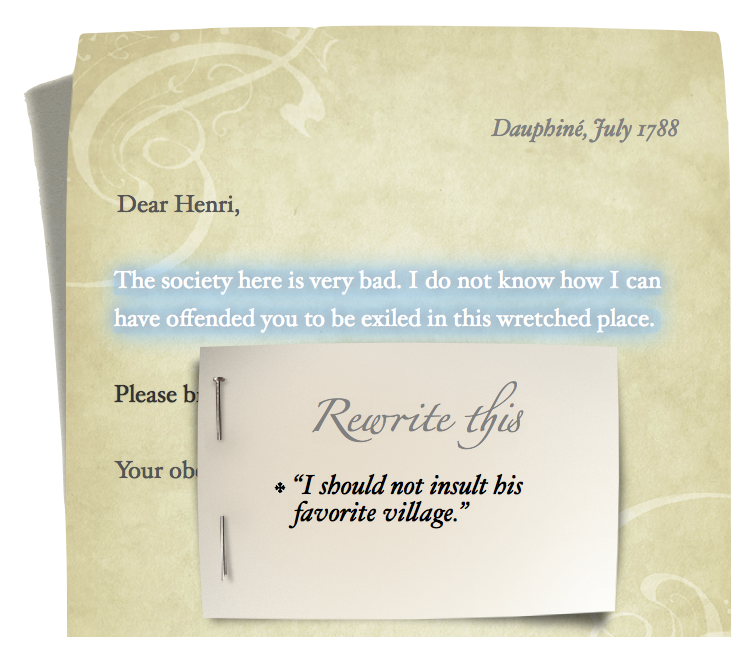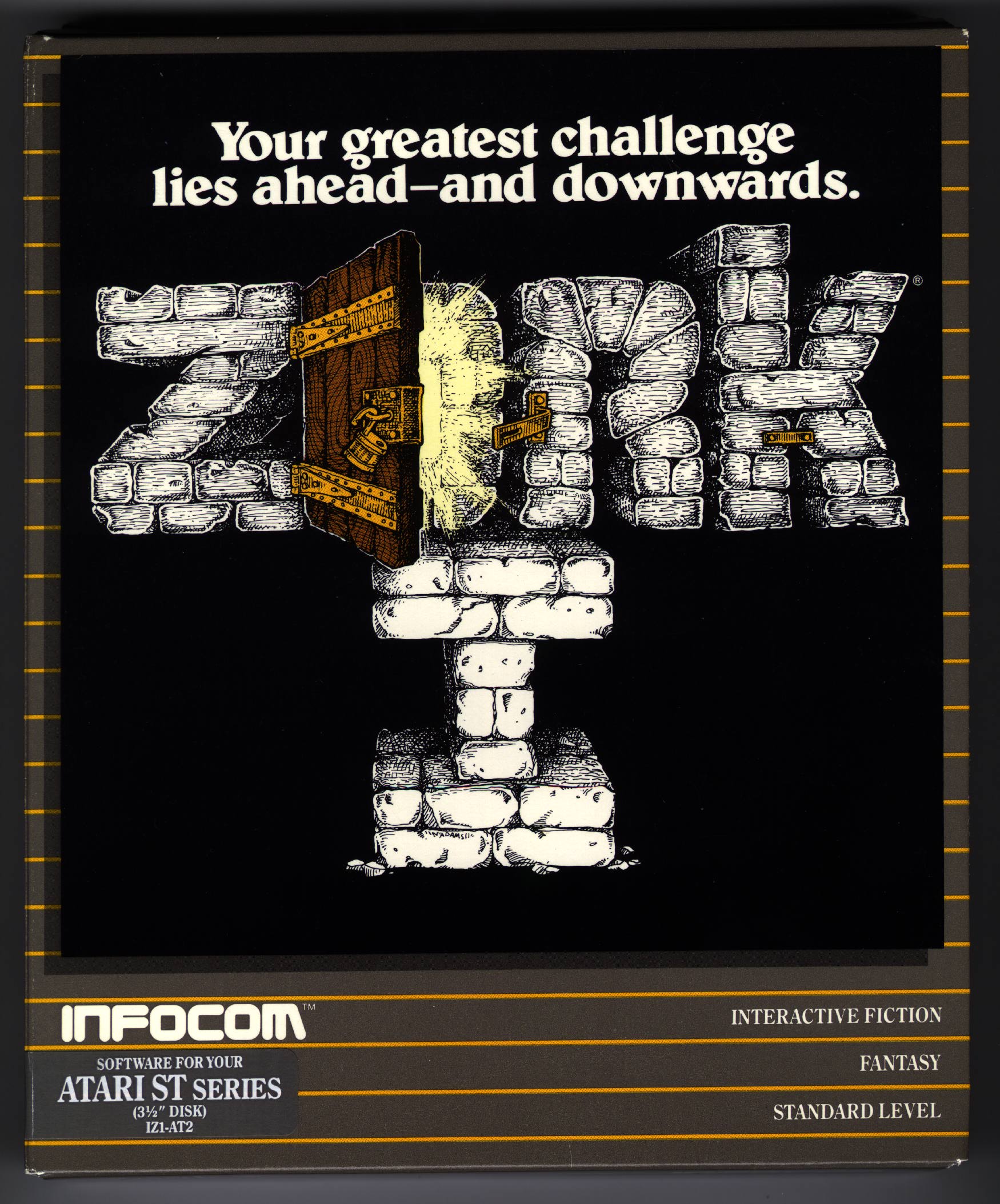The eBook Interview: Liza Daly
From Interactive Fiction to Digital First Publishers


Liza Daly is the VP of Engineering at Safari Books Online. Previously she founded the eBook technology company Threepress, where she created Ibis Reader, the first HTML5 eReader.
Liza presents and writes about digital publishing, interactive narrative, and web technology at lizadaly.com and via Twitter at @liza.
Hi Liza! Tell us about yourself and your background.
Hi! I'm the VP of Engineering at Safari Books Online. I've been a software developer my whole career, starting with the early days of the web — I remember when the <img> tag was invented! I was lucky enough to jump on the digital publishing bandwagon just as the industry was taking off, and I ran a small but successful startup called Threepress that was ultimately acquired by Safari.
What is something in the world of eBooks that you are currently excited about, whether a technology, a product, or an idea making the rounds?
I've been pleased to see the idea of subscription models being taken more seriously by the industry via Oyster and Scribd. Obviously at Safari we're big fans of the model, and we're quite interested to see how it plays out in the trade publishing space. We're not afraid of a little competition, and everyone benefits if publishers become more accustomed to access-based models. (With pervasive ebook DRM, most ebook "purchases" are really access-based and subject to revocation at any time; a subscription model is transparent about that, and I think more fair for consumers.)
This blog is focused on next generation eBooks as opposed to traditional 'plain vanilla' eBooks. What do you think a next generation eBook should be?
It's hard to imagine the industry being able to support sophisticated new types of publications when the transport mechanism is based on 20-year old tech.
Unbundled, and completely incompatible with the publishing supply chain. Sometimes I marvel (and other times I cry) at how old-school the ebook ecosystem still is. The entire publishing industry runs on FTP. Internally, our systems run on modern architectures: HTTP, Atom, REST, JSON, asynchronous job queues. But our interfaces with publishers, even the sophisticated ones, still involve ZIP files and FTP and external proprietary metadata files. It's hard to imagine the industry being able to support sophisticated new types of publications when the transport mechanism is based on 20-year old tech.

What do you think are the most interesting next generation eBooks created so far?
Most of what I find interesting in digital storytelling is coming out of the games industry. The closest thing to an interactive ebook that I've enjoyed recently is Blackbar, which was implemented as an app, even though it's purely textual and is actually kind of tedious to use on a mobile device. It would be ideal as a webapp, but I know well that those are difficult to monetize.
The newspaper space has really leapfrogged us here. Though there's already a backlash in cookie-cutter "Snowfall"-style stories, those pieces absolutely put every experimental ebook to shame. They're able to do it because they can publish on the open web rather than inside an eReader sandbox.
Tell us about your First Draft of the Revolution experiment.
This was a lot of fun. I've been involved in the interactive fiction community for years, and I've always been a fan of the work of Emily Short. I actually commissioned the piece as something of a marketing stunt for my startup (you have to get creative when you have a two-person company made entirely of developers), but Emily did such a great job with the writing that I stalled on releasing it until I could get some support from professional designers. We ended up enlisting the help of another startup, inkle, with roots in the interactive fiction community, who polished up my prototype and created an EPUB 3 edition as well as the webapp. I was really surprised by the positive reception in the gaming press, as my initial conceit was that it not be a Choose Your Own Adventure-style decision tree. I felt that too many people in publishing thought that branching stories was synonymous with interactivity, whereas I wanted to present something that involved you in the story via forced "collaboration", without actually affecting the outcome.
Perhaps unsurprisingly, getting it working in iBooks was a slog; it's an incredibly hostile platform for development, without access to basic developer tools or local network connections. It really soured me on trying to do more interactive work in an ereader context.

Something I enjoy about your writing is that you bring an historical perspective. Do you think the interactive fiction games of the 80s and the multimedia CD-ROMs of the 90s have anything to teach us about the future of next generation eBooks?
Thanks! I think it just means I'm old.
Clearly, proprietary tech lost and open tech won. Most of those CD-ROMs are unplayable and unmourned today. Conversely, the more "primitive" text-only games are still loved and even written, and the text-based narrative world has recently been revitalized by a very accessible hypertext-style platform called Twine.
One of my favorite lessons to be re-learned is that old-style games were typically authored in very small teams, sometimes just a single person writing both the story and the code, or at most an author and an "implementer." I'd love to see more direct collaboration between authors and technologists to make interesting new kinds of ebooks or digital narratives.

What do you think of Inkling and Inkling Habitat?
I don't have any experience with Habitat beyond the public presentations. At Safari we've very much admired the thoughtful layout and typography that Inkling has chosen for its books.
You talk about next generation eBooks needing to be immersive and non-trivial. What do you mean by this?
At publishing conferences I heard a lot of talk of sprinkling Wikipedia entries throughout a narrative and calling that "enhancement." I don't want to open a book and find every single word hyperlinked. The value of the enhancements needs to be held to the same standard as the core text. If it doesn't add to the work that I couldn't get by a quick Google search, it's trivial.
And if it makes interacting with the enhancements a chore, or pulls me out of the narrative, then the implementation is poor — it's not immersive.
What do you think has been successful so far with ePub 3 and what needs more work?
The impulse to make EPUB 3 backwards-compatible with EPUB 2 was laudable but has so far doomed it in terms of wider adoption.
The impulse to make EPUB 3 backwards-compatible with EPUB 2 was laudable but has so far doomed it in terms of wider adoption. The few publishers producing EPUB 3s are producing "dual-format" books, which make little use of the new features in version 3 and end up duplicating quite a bit of metadata for no real improvement.
At Safari we've been able to accept most of the common EPUB 3 features for some time, even on our older products, but we haven't seen any demand from publishers that we step up our game further.
Do you think the physical page metaphor has any true future with next gen eBooks? Have you seen Inkling's card metaphor as an alternative?
No, the page model is completely legacy. In our new products we made the decision to implement a purely scrolling approach and we haven't had a single complaint or even a comment from consumers about it.
I'm afraid I'm not familiar enough with Inkling's approach to comment.
What do you see as the single most important thing we as an industry need to do around eBooks?
The quality of the markup in most commercial ebooks is atrocious, and absolutely stifles innovation
Get the basics right. The quality of the markup in most commercial ebooks is atrocious, and absolutely stifles innovation. I gave a talk to this effect in 2010 at Digital Book World and three years later I see absolutely no improvement.
What do you see as the role and possibilities of JavaScript in eBooks?
I campaigned pretty hard to minimize the restrictions on JS in EPUB 3, and I still think that's the right approach. That said, the penetration in the marketplace for interactivity in ebooks is basically nonexistent, despite nearly every non-fiction publisher expressing interest in the possibilities.
You've written about how to get started in eBook publishing. What tips would you have for someone getting started with publishing next generation eBooks instead of 'classic' simple eBooks?
Talk to Safari or Inkling? :) I don't have a better answer because I don't see this innovation coming from either publishers or the bigger retailers.
Thanks Liza!
Subscribe to my RSS feed and follow me on Twitter to stay up to date on new posts.
Please note that this is my personal blog — the views expressed on these pages are mine alone and not those of my employer.